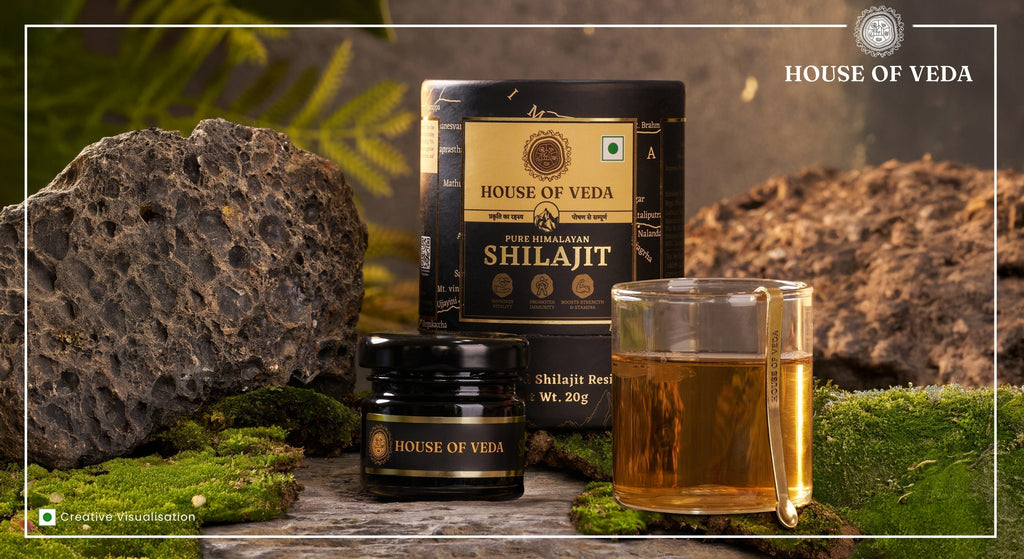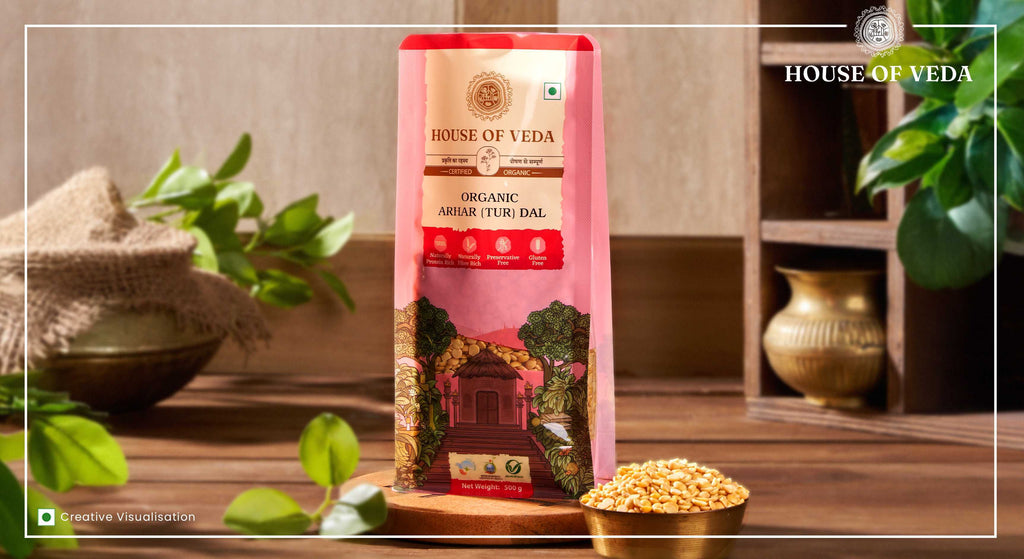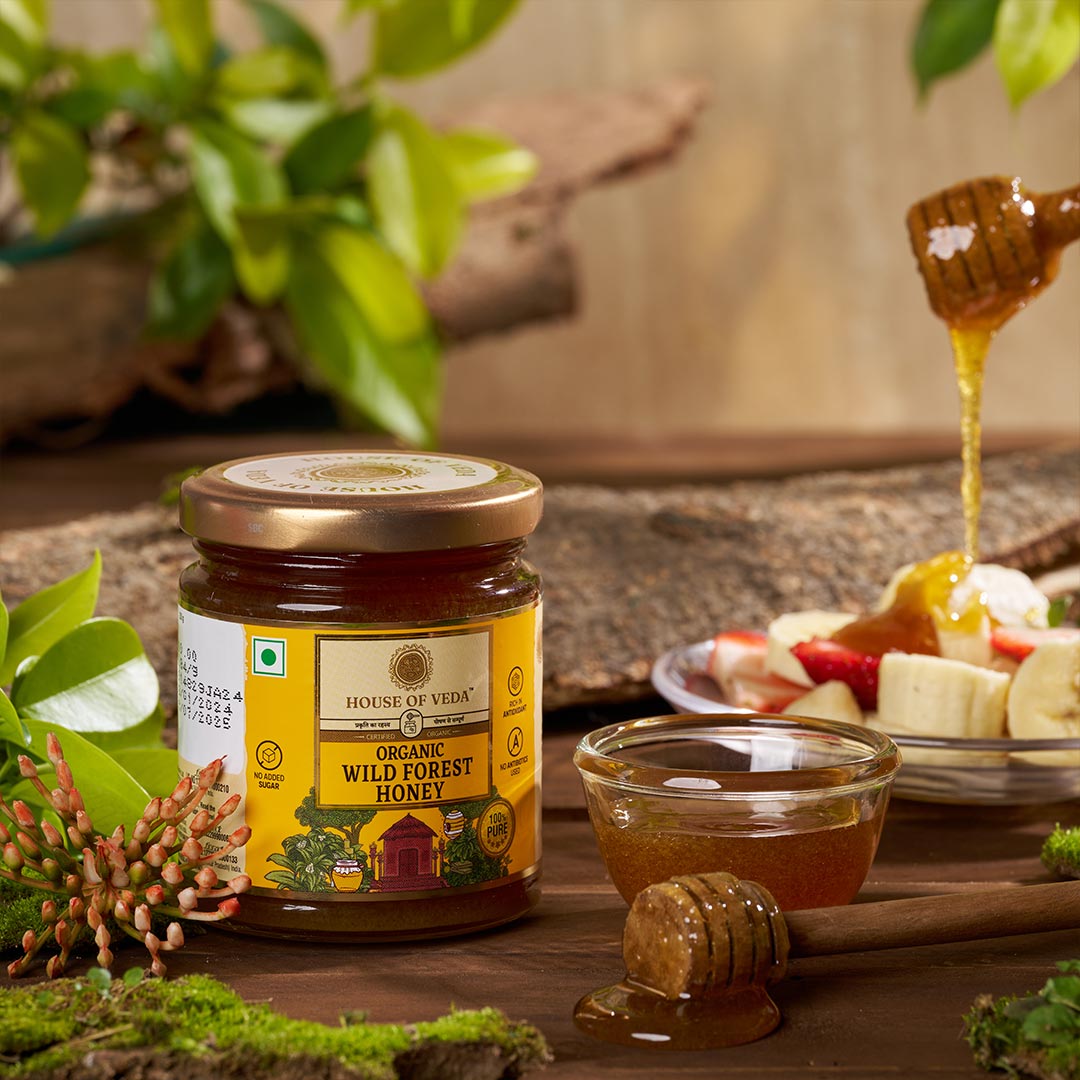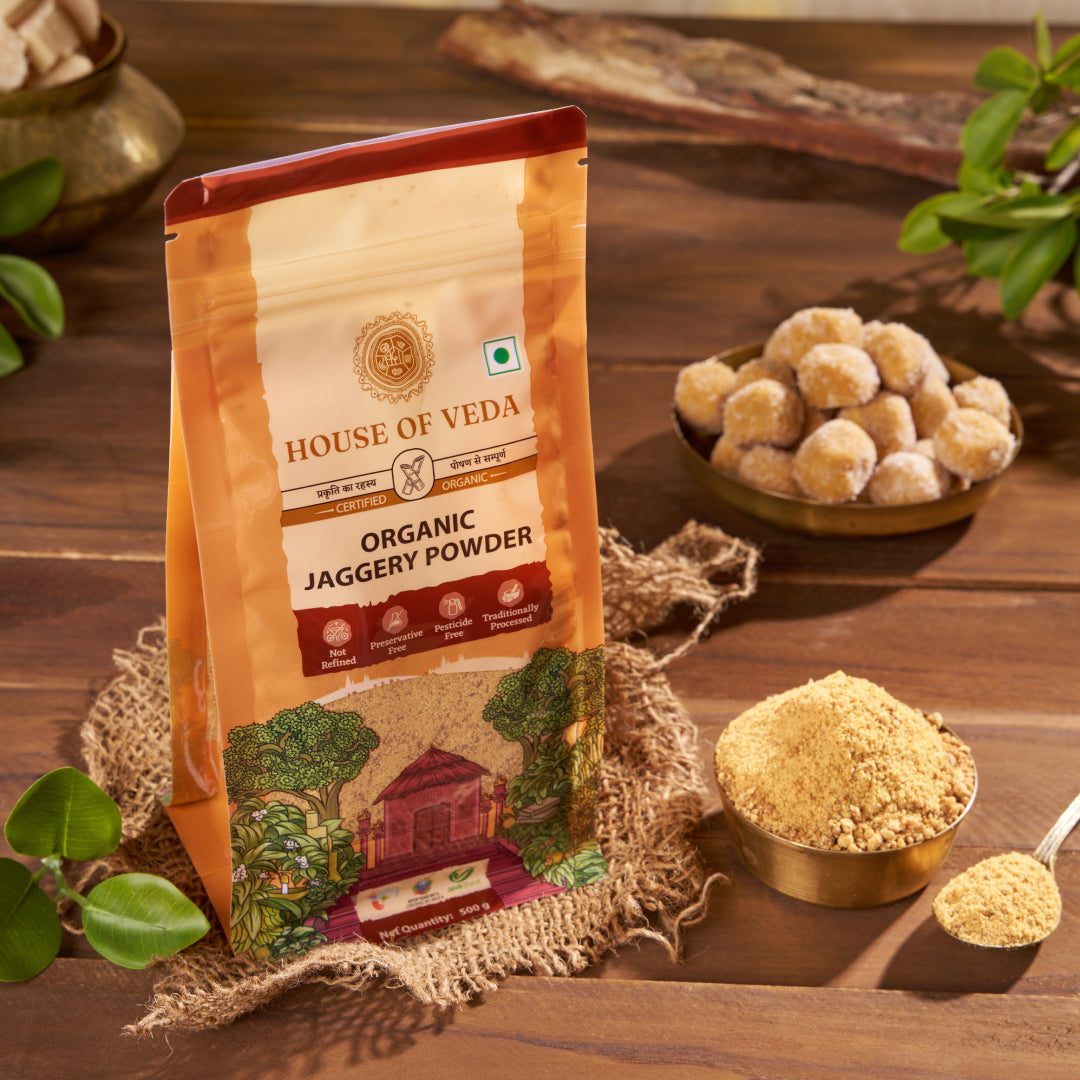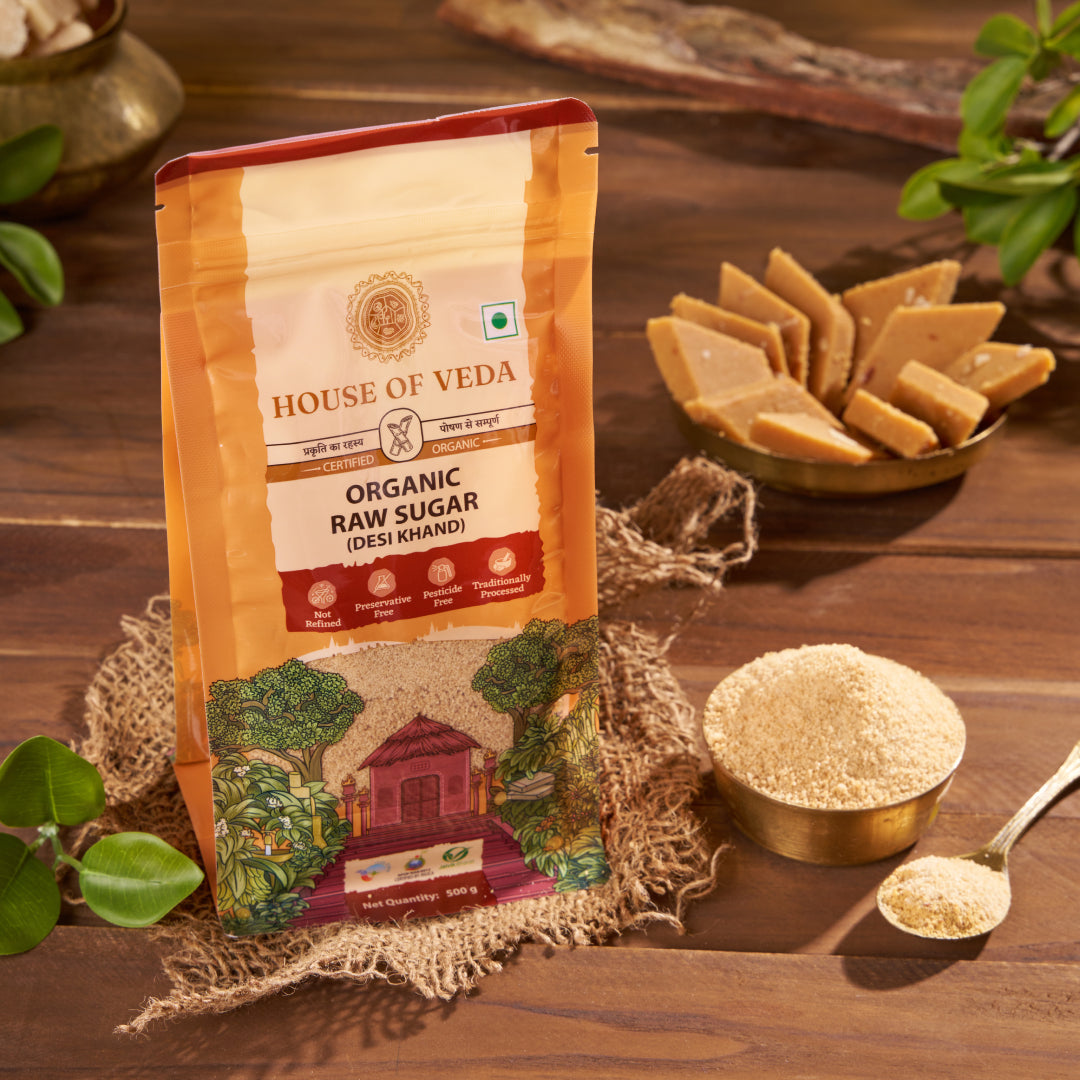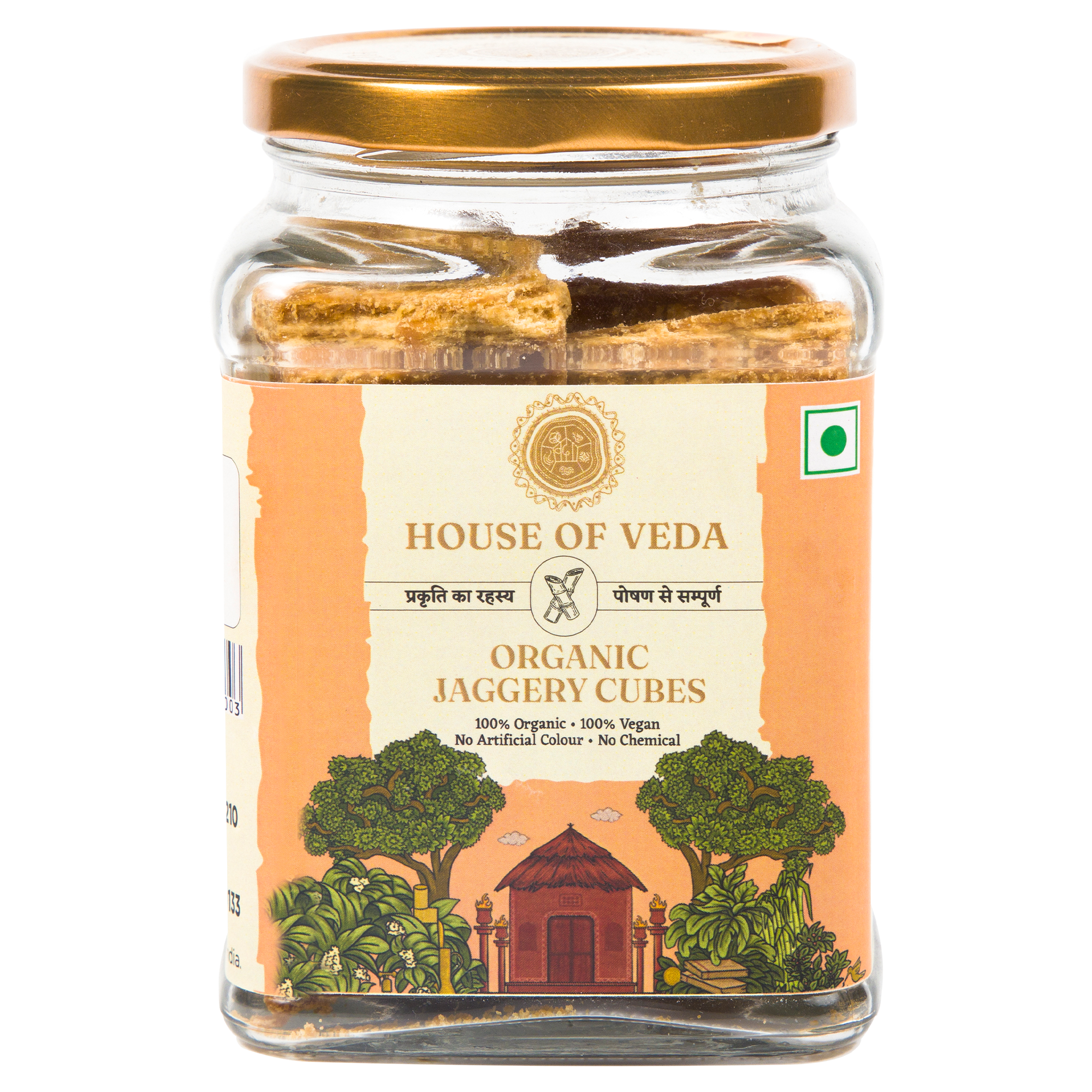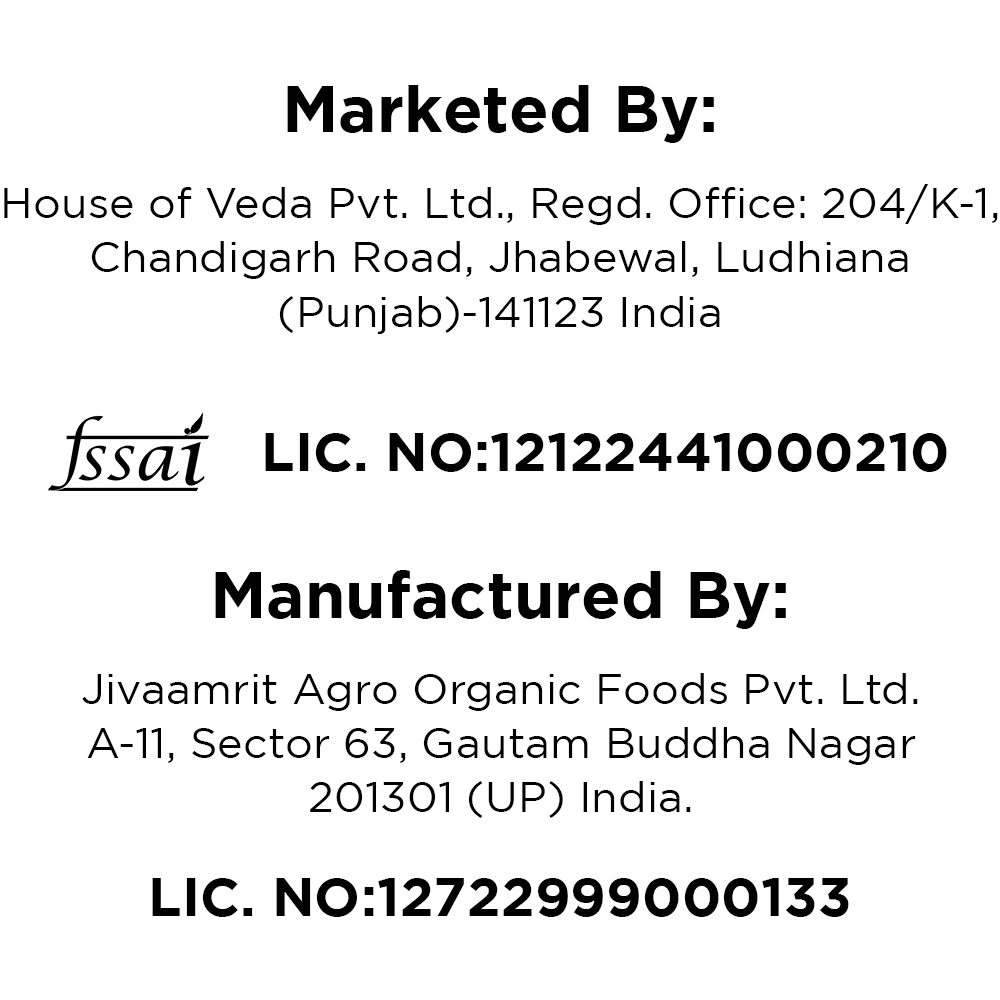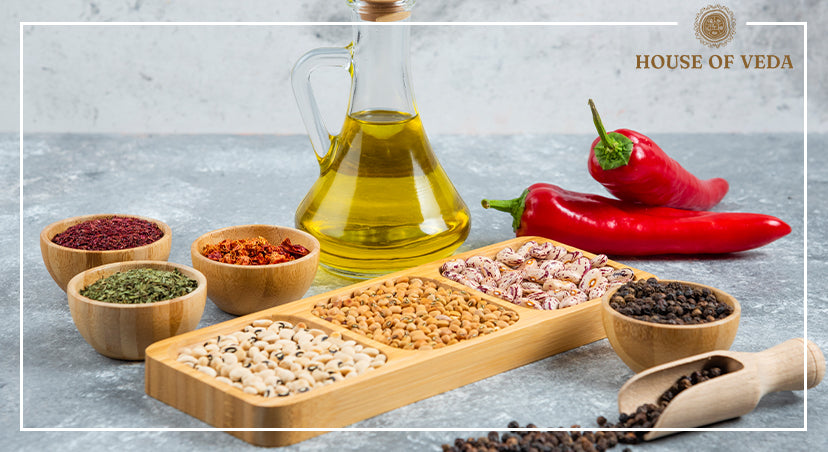
Understanding Organic vs. Processed Foods: What You Should Know

We live in a fast-paced world where people choose convenience over health. However, consumers are becoming increasingly conscious, which is why there is an ongoing debate between organic and processed food. Consumers want to know what they put into their bodies and what is good for their well-being. Nevertheless, we still need to figure out making conscious choices. Therefore, some fundamental differences between organic and processed food are mentioned in the blog, exploring their impact on our health, the environment, and our society.
Is organic food really healthier?
Organic food is grown without using chemicals, pesticides, genetically modified organisms (GMOs), or any artificial additives, so it's a more sustainable farming practice. Using organic farming methods ensure that we get more natural product. Also, organic produce has limited exposure to pesticides and sprays, naturally making it beneficial when consumed. So, anyone who prefers to restrict their consumption of products containing additives, colour, and preservatives can start making a conscious buying. You can shift to buying organic kitchen essentials, including Organic Pulses, oils, sweeteners, and many other products.
Health Benefits of Organic Food
When anyone shifts from one buying habit to another, a strong reason is their focus on health. Moreover, the major motivation behind choosing organic food is its potential health benefits. Several studies suggest that shifting towards organic food can be a good choice as it has many nutrients, including vitamins, minerals, and antioxidants. It is also free from residues of synthetic pesticides, antibiotics, and growth hormones commonly found in conventionally produced food. By consuming organic food, individuals may reduce their exposure to these potentially harmful substances, promoting better overall health and well-being.
Benefits of Organic Food on Environmental
Apart from doing good to our health, organic farming practices have a positive impact on the environment. Organic agriculture promotes biodiversity by taking care of natural habitats, using insects and birds that are beneficial for pest control, and evading water sources contamination with chemical runoffs. Apart from this, organic farming consumes lesser energy, protects water resources and fewer greenhouse gases emission take place in this process. Choosing organic food supports a more sustainable and ecologically balanced food system.
The Role of Organic Foods in a Balanced Diet
Adding organic foods to your diet brings many benefits that support your health and well-being. Here’s why choosing organic produce is important for a balanced diet:
1. Nutritional Benefits:
Organic foods usually have more essential nutrients than conventionally grown produce. They often contain higher levels of antioxidants, vitamins, and minerals, which help support overall health and prevent deficiencies.
2. Reduced Chemical Exposure:
Organic farming avoids the use of synthetic pesticides, herbicides, and fertilizers. By choosing organic, you reduce your exposure to potentially harmful chemicals that can affect long-term health and contribute to chronic diseases.
3. Better Taste and Quality:
Many people find that organic produce has a more robust flavor and better quality. Organic farming practices often emphasize soil health and natural growth processes, which can enhance the taste and freshness of fruits and vegetables.
Choosing organic foods can greatly improve your diet by boosting your nutritional intake and reducing your exposure to harmful chemicals. Adding organic produce to your meals ensures you're eating high-quality, nutrient-rich foods that support your overall health.
Understanding Processed Food
Processed food, on the other hand, refers to products that have undergone various mechanical or chemical alterations to enhance flavor, texture, shelf life, or convenience. While some processed foods can be relatively healthy, such as minimally processed fruits and vegetables, the term is commonly associated with highly processed and ultra-processed products that are laden with added sugars, unhealthy fats, and artificial additives.
Concerns with Processed Food
Consuming highly processed food can cause several health issues, including obesity in kids, increased risk of cardiovascular diseases and Type 2 Diabetes. These products are often calorie-dense and nutrient-poor, offering little nutritional value compared to whole, unprocessed foods. The excessive use of artificial additives, preservatives, and flavor enhancers in processed food has also raised concerns regarding their potential long-term health effects.
Nutritional Comparison: Organic vs. Processed Foods
Higher Nutrient Content in Organic Foods:
Organic foods are generally richer in essential nutrients like vitamins, minerals, and antioxidants. This is because they are grown in nutrient-rich soils and are less likely to be exposed to synthetic chemicals that can deplete their nutritional value.
Lower Nutrient Density in Processed Foods:
Processed foods often have lower nutrient density due to the refining and preservation processes they undergo. These processes can strip away essential nutrients and fiber, leaving behind empty calories with minimal health benefits.
Presence of Additives in Processed Foods:
Processed foods often contain artificial additives, preservatives, and flavor enhancers that can negatively impact health. These additives contribute to higher levels of unhealthy fats, sugars, and sodium, which can lead to various health issues.
Organic Foods and Natural Nutrient Preservation:
Organic foods retain more of their natural nutrients due to the absence of harmful chemicals and minimal processing. This preservation of natural nutrients makes organic foods a healthier choice for maintaining a balanced diet.
Organic foods offer a higher nutritional value with more essential nutrients, while processed foods often lack these benefits and include unhealthy additives. Choosing organic over processed foods can lead to better health outcomes.
Balancing Choice and Convenience
While organic food is often seen as the healthier option, balancing health considerations and practicality is significant. For some individuals, organic food can be an expensive choice so they may prioritize minimally processed, whole foods. However, a conscious choice for health and well-being calls for organic food and gradually one can shift to organic products by making a mindful choice.
Conclusion
The organic versus processed food debate concerns personal priorities, values, and circumstances. House of Veda Organic food offers potential health benefits, supports sustainable farming practices, and reduces exposure to synthetic chemicals. However, it may not always be accessible or affordable for everyone. In any case, emphasizing a diet centred around whole, unprocessed foods are crucial for better health. We can cultivate a healthier relationship with food by being aware of our choices and the potential implications.
FAQs
1.What is organic food vs natural food?
Organic food is grown without synthetic chemicals like pesticides or fertilisers. Natural food is minimally processed and free from artificial additives but isn’t necessarily organic.
2.Is organic food better/healthier?
Yes, organic food is often healthier because it has higher nutrient levels and less exposure to harmful chemicals.
3.How to know if food is processed?
Processed food usually has a long list of ingredients, especially artificial additives, preservatives, or flavours. It’s often packaged and can have a longer shelf life.
Read More:
How Can Organic Cold-Pressed Mustard Oil Benefit Your Health
Can Organic Food Replace GMO Food
Interesting Facts About Pulses
Why Switching To Cold-Pressed Organic Oils?



